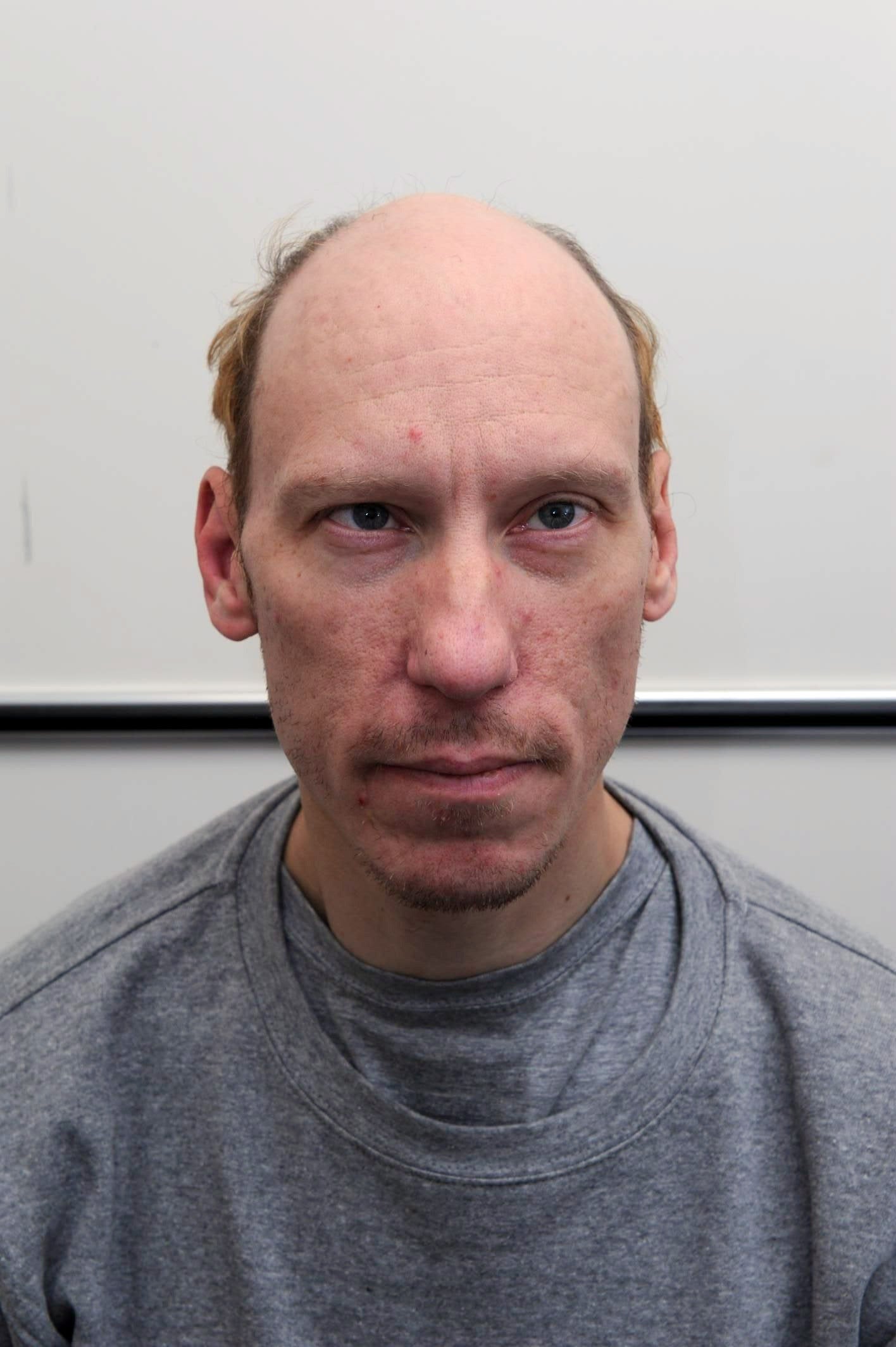Stephen Port: Met Police officers disciplined over failings in ‘Grindr killer’ case have been promoted
Five officers reprimanded after 2015 watchdog probe now serving in more senior ranks

Five officers who were reprimanded over failings that let a serial killer who targeted gay men go free have since been promoted by the Metropolitan Police.
Stephen Port murdered four men, and drugged and sexually assaulted several more over 16 months in 2014 and 2015.
An inquest jury ruled on Friday that police mistakes “probably” contributed to the deaths of his victims.
Scotland Yard has apologised for “huge mistakes” made during the investigations and said it wanted to rebuild trust with the LGBT+ community - but denied that homophobia was a contributing factor.
It admitted no officers involved were sacked, and that five people who were disciplined for performance failings have since been promoted to more senior ranks.
Police failed to link the deaths of his victims, who were all gay men who Port had targeted using Grindr and other apps, and initially told relatives they had overdosed.
The inquests into their deaths heard of numerous failings and missed opportunities, which saw officers take a fake suicide note Port planted one of his victims at face value.
Police interviewed Port after he called 999 to report the body of his first victim, Anthony Walgate, outside his flat but he was only charged with perverting the course of justice for lying and went on to kill again.
Port was caught in October 2015, and the Independent Office for Police Conduct (IOPC) launched a probe into the investigations.
It looked at 17 officers who were involved, and found nine whose “performance was found to have fallen below the standard required”.
They were reprimanded for “performance failings” but allowed to remain in service, and the Metropolitan Police confirmed that five have since been promoted.
A spokesperson said: “In order to achieve promotion, any officer has to go through a broad and rigorous assessment process.
“Following that they have to complete an extensive workbook to evidence their skills and abilities to ensure they are capable of the role/rank.

“We have also spoken to line managers to confirm all those subject to the IOPC investigation who are still in the Met - two officers have retired and one has resigned - are performing to the expected standards.”
Assistant Commissioner Helen Ball told a press conference that the checks included “how people operate in an inclusive way”, after the victims’ families questioned whether the investigations were affected by their sexuality.
“It’s important to say that their findings at that time related to performance issues, not misconduct, and we’ve been careful to ensure that people learnt from that.,” she added.
“It is possible that the IOPC may want to think about the evidence given in the inquest and take further action. We would work very closely with them to support them if they decided to do that.”
The watchdog said Scotland Yard had referred itself following Port’s arrest in October 2015 “after it identified concerns regarding the initial investigations into the men’s deaths”.
“We completed our investigation and provided the Met with our final report in August 2018,” a spokesperson added.
“We and the Met agreed that officers did not have a case to answer for misconduct or gross misconduct. We also agreed that the performance of nine officers fell below the standard required and they needed to undergo measures to ensure performance is improved.”
The IOPC said it had monitored the inquests to “identify areas of potential learning” and would publish its investigation report after the verdicts.

“Once the inquest has concluded and with the benefit of any further evidence that may come to light during the inquest proceedings, we will issue a separate report focusing on organisational learning recommendations,” a spokesperson added.
Scotland Yard is currently investigating a new allegation against Port, which was made during the inquests and dates from the period of the murders.
A man in his 30s reported on 1 December that he was drugged and raped by Port in Barking, in August or September 2015. The investigation continues.
He was convicted of drugging and sexually assaulting eight men who survived, as well as the four murders, and sentenced to a whole life order in 2016.
The original investigating officer in the case said there were up to seven further victims but the cases did not result in a charge because there was not enough evidence linking them to Port.
Police reviewed all deaths linked to the “date rape” drug GHB, which Port used to sedate and kill his victims, in London between 2011 and 2015 but found no further links to the serial killer.
Detective Chief Superintendent Paul Trevers, the local commander for the East Area Command Unit covering Barking, said “huge improvements” had been made since hte murders.
“We’ve made some huge mistakes, we accept that,” he added. “Rebuilding trust will be a huge challenge but we are going to tackle it head-on.”
Ms Ball acknowledged that public trust in the Metropolitan Police was “at a very low ebb”, following the murder of Sarah Everard and imprisonment of officers who shared photos of murder victims Bibaa Henry and Nicole Smallman.
She said the force had drawn up a “rebuilding trust plan” and had launched an independent review of its standards and culture following Ms Everard’s murder.
Join our commenting forum
Join thought-provoking conversations, follow other Independent readers and see their replies
Comments



Bookmark popover
Removed from bookmarks